Monroe Stahr, a successful movie producer, pursues a beautiful and elusive young woman — all the while working himself to death.
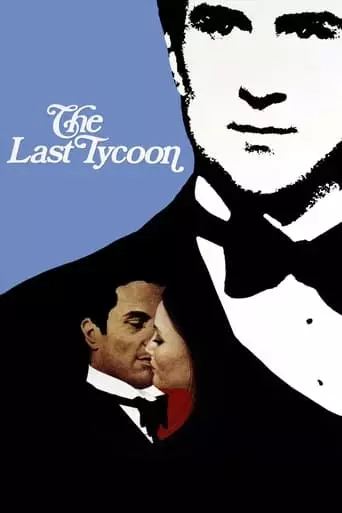
Monroe Stahr, a successful movie producer, pursues a beautiful and elusive young woman — all the while working himself to death.
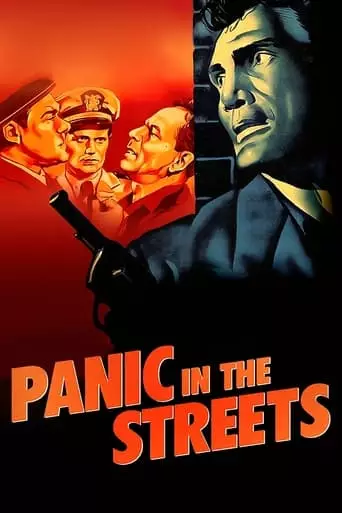
One night in the New Orleans slums, vicious hoodlum Blackie and his friends kill an illegal immigrant who won too much in a card game. The next morning, Dr. Clint […]

Archie Lee Meighan is a failing cotton gin owner who is married to Baby Doll, a 19-year old childlike beauty whose father arranged the marriage for financial reasons. As Archie […]
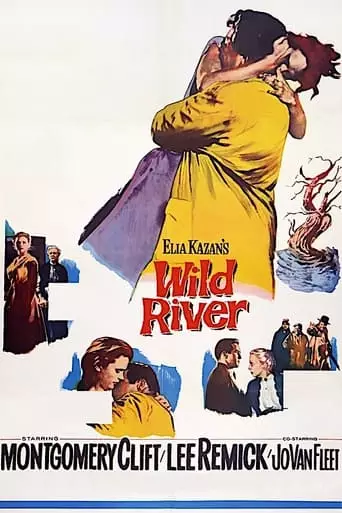
A young bureaucrat for the Tennessee Valley Authority goes to rural Tennessee to oversee the building of a dam. He encounters opposition from the local people, in particular a farmer […]
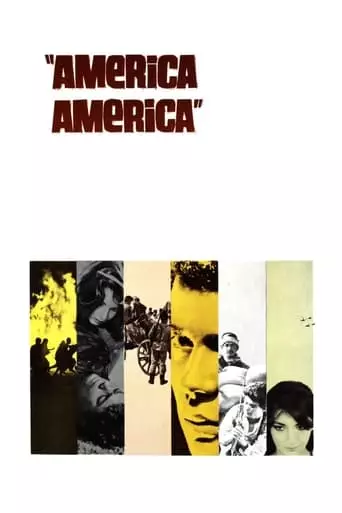
A young Anatolian Greek, entrusted with his family’s fortune, loses it en route to Istanbul and dreams of going to America. America America (1963), directed by Elia Kazan, is a […]
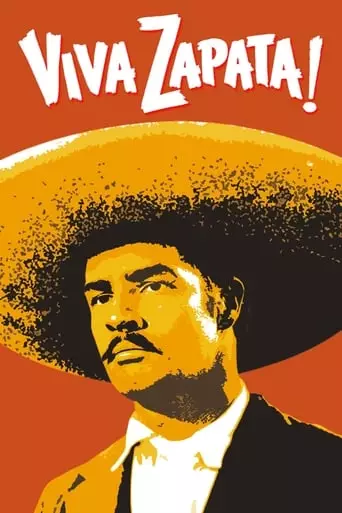
The story of Mexican revolutionary Emiliano Zapata, who led a rebellion against the corrupt, oppressive dictatorship of president Porfirio Díaz in the early 20th century.
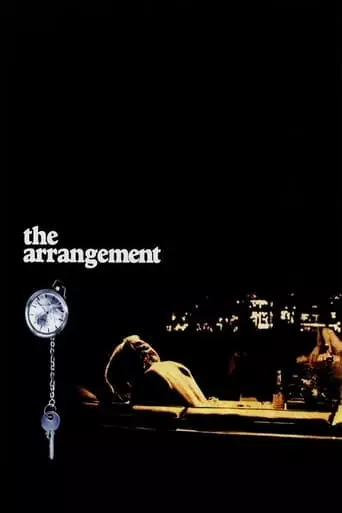
An adman attempts to rebuild his shattered life after suffering a nervous breakdown. The Arrangement (1969), directed by Elia Kazan and based on the novel by Elia Kazan, explores the […]
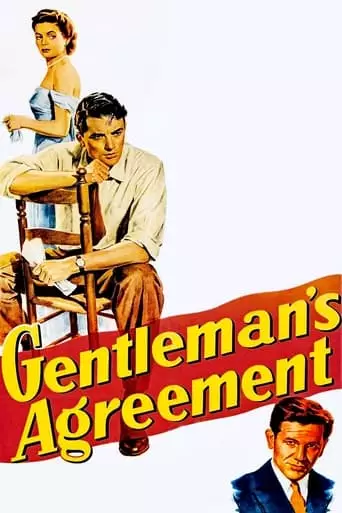
A magazine writer poses as a Jew to expose anti-Semitism.
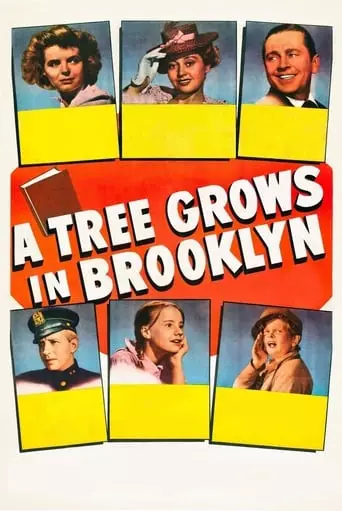
In Brooklyn circa 1900, the Nolans manage to enjoy life on pennies despite great poverty and Papa’s alcoholism. We come to know these people well through big and little troubles: […]
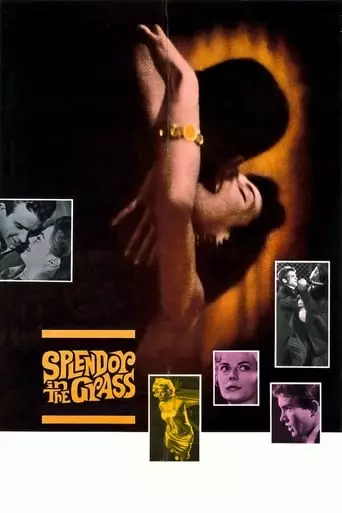
A fragile Kansas girl’s unrequited and forbidden love for a handsome young man from the town’s most powerful family drives her to heartbreak and madness.
Elia Kazan: A Visionary Director of American Cinema and Theater
Elia Kazan was one of the most influential directors in the history of American cinema and theater. Renowned for his groundbreaking work in both mediums, Kazan was celebrated for his ability to elicit powerful performances from actors and for his fearless exploration of social, political, and psychological themes. With films like A Streetcar Named Desire (1951), On the Waterfront (1954), and East of Eden (1955), Kazan helped shape the landscape of mid-20th-century American storytelling, leaving a legacy of innovation and emotional depth.
Early Life and Career Beginnings
Elia Kazan was born Elias Kazantzoglou on September 7, 1909, in Istanbul, then part of the Ottoman Empire. His family emigrated to the United States when he was four, settling in New York City. Kazan attended Williams College in Massachusetts and later studied acting and directing at the Yale School of Drama.
Kazan began his career in theater as a member of the politically progressive Group Theatre in the 1930s. There, he developed a deep understanding of dramatic storytelling and the techniques of realism. This background would profoundly influence his later work as a director.
Breakthrough in Theater
In the 1940s, Kazan transitioned to directing Broadway plays, quickly establishing himself as a leading figure in American theater. His collaboration with playwright Tennessee Williams resulted in some of the most celebrated productions of the era, including A Streetcar Named Desire (1947) and Cat on a Hot Tin Roof (1955).
Kazan was also instrumental in introducing Arthur Miller’s Death of a Salesman (1949) to the stage, a production that became a landmark in American drama. His direction emphasized naturalistic performances and psychological complexity, breaking new ground in theatrical realism.
A Hollywood Icon
Kazan’s success on Broadway caught the attention of Hollywood, where he transitioned to film directing in the mid-1940s. His work was defined by a focus on intense character studies, social realism, and moral dilemmas, often drawn from contemporary issues.
Gentleman’s Agreement (1947)
Kazan’s early success in Hollywood came with Gentleman’s Agreement, a bold exploration of anti-Semitism in postwar America. The film, starring Gregory Peck, won three Academy Awards, including Best Picture and Best Director, and marked Kazan as a filmmaker unafraid to tackle controversial subjects.
A Streetcar Named Desire (1951)
Kazan brought his Broadway triumph A Streetcar Named Desire to the screen, directing Marlon Brando, Vivien Leigh, Kim Hunter, and Karl Malden. The film won four Academy Awards and showcased Brando’s electrifying performance, revolutionizing screen acting with its raw, method-inspired intensity.
On the Waterfront (1954)
One of Kazan’s most celebrated works, On the Waterfront, is a gripping tale of corruption and redemption set against the backdrop of New York’s docks. Starring Marlon Brando in an Oscar-winning role, the film won eight Academy Awards, including Best Picture and Best Director. Its themes of conscience, loyalty, and justice resonated deeply with audiences and critics alike.
East of Eden (1955)
Adapted from John Steinbeck’s novel, East of Eden marked the film debut of James Dean, whose emotionally charged performance captivated audiences. Kazan’s direction highlighted the generational conflicts and moral struggles at the heart of the story, solidifying his reputation as a master of character-driven drama.
A Legacy of Working with Actors
Kazan was instrumental in introducing and popularizing method acting in Hollywood, a technique rooted in psychological realism and emotional authenticity. His collaborations with actors like Marlon Brando, James Dean, and Karl Malden resulted in some of the most iconic performances in cinema history.
As a co-founder of the Actors Studio in New York City alongside Lee Strasberg, Kazan played a pivotal role in training and mentoring actors who would go on to redefine screen acting, including Al Pacino, Robert De Niro, and Ellen Burstyn.
Controversy and Legacy
Kazan’s career was not without controversy. During the McCarthy-era investigations into alleged Communist activity in Hollywood, Kazan testified before the House Un-American Activities Committee (HUAC) in 1952, naming former colleagues who had been members of the Communist Party. This decision caused a rift among his peers and left a shadow over his legacy, with some viewing it as a betrayal of artistic and personal principles.
Despite the controversy, Kazan continued to create impactful films and remained a towering figure in American cinema and theater. His ability to marry social commentary with deeply personal storytelling ensured his place as one of the greats of 20th-century culture.
Style and Influence
Elia Kazan’s directing style is characterized by:
Emotional Realism: His focus on authenticity in performance brought an unprecedented depth to American acting, particularly through his collaboration with method actors.
Social Conscience: Many of Kazan’s films addressed pressing social issues, from prejudice and class struggle to corruption and generational conflict.
Psychological Depth: Kazan’s works often explored complex moral and emotional dilemmas, making his characters feel deeply human and relatable.
Innovation in Storytelling: Kazan’s theatrical background influenced his use of staging and visual composition, blending the intimacy of theater with the expansive possibilities of cinema.
Honors and Awards
Kazan’s contributions to film and theater earned him numerous accolades, including:
Two Academy Awards for Best Director: For Gentleman’s Agreement and On the Waterfront.
Honorary Oscar (1999): Recognizing his lifetime contributions to cinema, though the award reignited debates about his HUAC testimony.
Tony Awards: For his groundbreaking work on Broadway.
Lifetime Achievement Awards: From various film and theater organizations, honoring his profound influence on storytelling.
Conclusion
Elia Kazan’s career remains a testament to his extraordinary talent and his ability to capture the complexities of the human experience. His films and plays continue to resonate with audiences for their emotional power, timeless themes, and bold storytelling. While his life and legacy may be intertwined with controversy, his artistic contributions have left an indelible mark on the worlds of theater and cinema.
Through his pioneering work with actors, fearless exploration of social issues, and unwavering commitment to authenticity, Elia Kazan stands as one of the most significant and transformative figures in American cultural history.